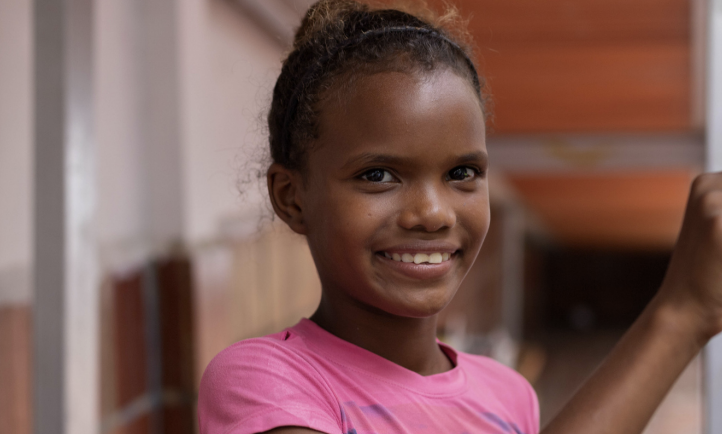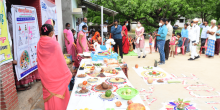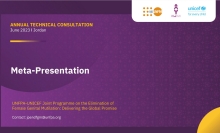Specific issues related to female genital mutilation to consider during the gender transformative accelerator process

It provides some specific issues related to female genital mutilation (FGM) that should be considered during the gender-transformative accelerator (GTA) process, a tool that facilitates interactive programmatic reflection and action planning to end FGM.
• Medicalization: The document discusses the phenomenon of FGM being performed by health personnel, which violates girls’ and women’s human rights and bodily integrity. It explains the reasons and challenges of medicalized FGM and the interventions that are carried out to address it.
• Alternative rites of passage (ARP): The document examines the effectiveness and limitations of ARP, which are used in communities where FGM is part of a rite of passage, to allow girls to graduate to womanhood without being subjected to FGM. It also highlights the need to discuss the content and monitoring of ARP during the GTA process.
• Agency-building: The document emphasizes the importance of adopting a holistic approach to address the issues of FGM at all layers of the social ecological model (SEM), and to connect the efforts of girls-focused programmes to the system and structural level engagement. It also stresses the need for addressing the social and gender norms that restrict girls’ agency and rights.
• Stigmatization of uncut girls: The document acknowledges the risk of social stigma and discrimination that uncut girls may face in societies where FGM is still surrounded by strong social norms. It suggests that programmes must be skilled at addressing this stigma while providing for the specific needs of FGM survivors.
• Reduction in the age of cutting: The document analyzes the trend of FGM being performed on younger girls, which reduces the window of opportunity to intervene and affects the power relationships and decision-making of the mothers and other stakeholders. It recommends that the age of cutting and the position of decision-makers must be considered in a gender analysis and adapted to the programmes.
• Men and boys’ engagement: The document recognizes the role of men and boys as visible partners and allies against FGM, and the need to engage them in interrogating and challenging gender norms. It also cautions against reinforcing unequal power relations between men and women when working with men and boys.



